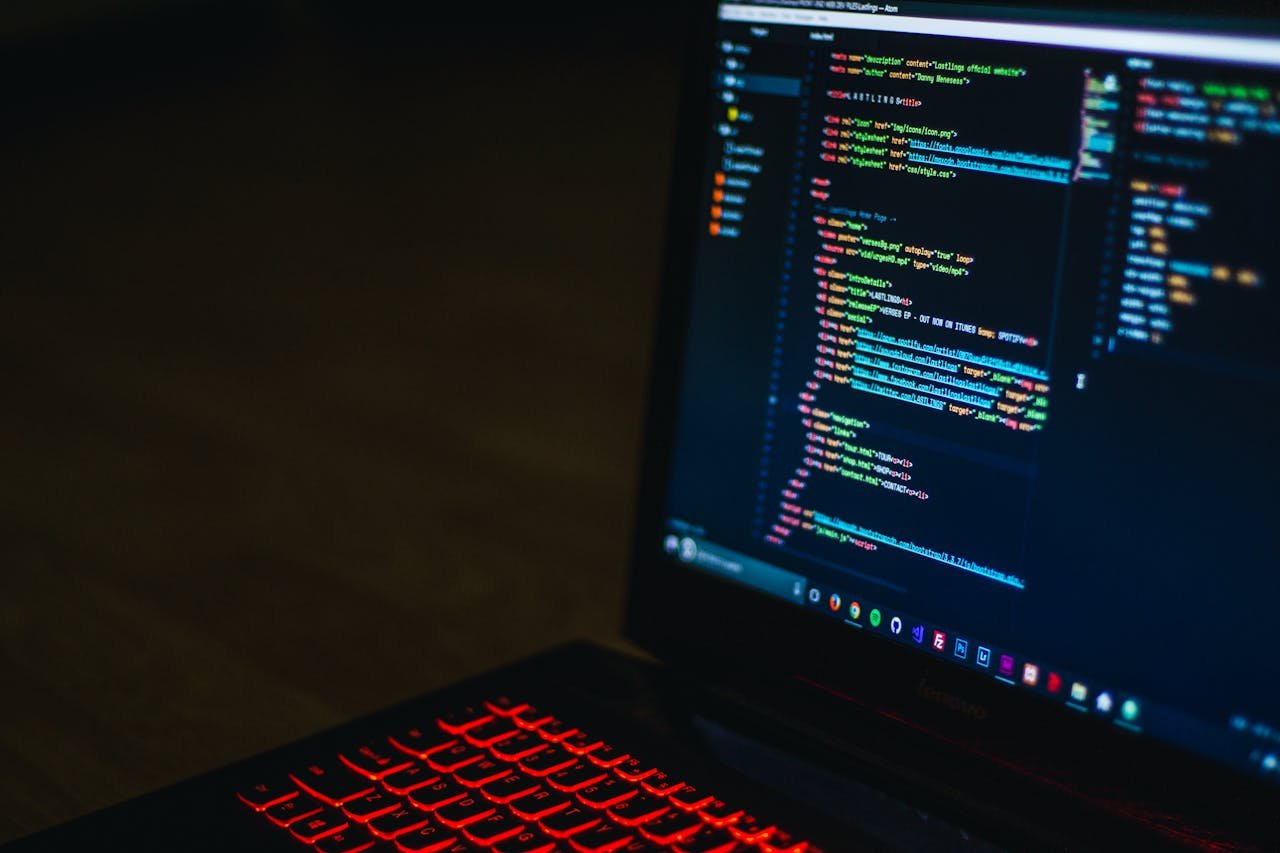AI-driven coding assistants have attracted nearly $1 billion in funding since the start of 2023, signaling software engineering as the first major application of generative artificial intelligence. This surge highlights the growing belief in Silicon Valley that AI is revolutionizing the coding landscape, transforming it into a “killer app” for the latest wave of technology.
Startups like Replit, Anysphere, Magic, Augment, Supermaven, and Poolside AI have collectively raised $433 million in 2023 alone, contributing to a total of $906 million since January 2023, according to data from Dealroom. This influx of investment indicates that AI-powered coding is rapidly becoming a transformative force in the industry.
Hadi Partovi, CEO of the non-profit Code.org and a notable Silicon Valley investor, underscored this shift by stating, “Software engineering without AI is like writing without a word processor.” The benefits of AI coding tools are becoming increasingly apparent, as investors and tech giants such as Microsoft, Amazon, Meta, and Google race to dominate this evolving sector.
GitHub Copilot, developed by Microsoft-owned GitHub, exemplifies this transformation. Since its wide release in 2022, Copilot has amassed nearly 2 million paying subscribers and contributed significantly to GitHub’s revenue growth. According to Microsoft CEO Satya Nadella, Copilot now generates more revenue than GitHub did at the time of its acquisition.
Despite the excitement, concerns remain about the security implications of deploying AI-generated code without manual oversight. However, early adopters report significant productivity gains. McKinsey estimates that AI could increase productivity in software engineering by 20 to 45 percent, driving efficiency in code generation, correction, and refactoring.
The integration of AI assistants into daily workflows is becoming commonplace among software engineers. For example, Marc Tuscher, CTO of the German robotics startup Sereact, uses GitHub Copilot and ChatGPT to enhance both the speed and creativity of his coding. Despite their capabilities, Tuscher emphasized that AI tools serve as powerful assistants rather than replacements for human coders, as they lack the ability to design complex software architectures independently.
The momentum behind AI-powered coding tools suggests that the industry is on the cusp of a significant shift, with software engineering leading the charge as the first major domain to be transformed by generative AI.
For further reading on how AI is reshaping industries, explore Superintelligence News.





